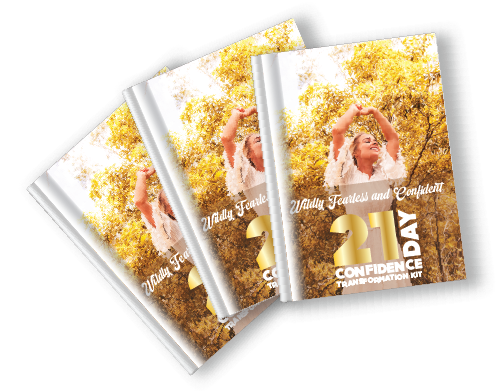Kids at school will recognise the concept of journaling; the time when the teacher encouraged you to write freely in your journal for a period of around twenty minutes.
It was a time when there was no specific thing to write about, you just had to comment on those thoughts that were rolling around in your head.
Similarly, teenage girls often kept ‘locked’ diaries detailing the angst of young life and recording the transgressions against the author. In times past we were encouraged to write down our thoughts and feelings in an attempt to better understand the motive behind our words or actions.
I guess journaling was intended to be a tool of reflection, personal critique and hopefully learning.
James Pennebaker, a researcher and psychologist from the University of Texas believes that if we engage in regular journaling we can strengthen our immune system. He believes we can use journaling as a stress management tool.
By writing about all those people and things that stress us, journaling can lessen the impact of those stressors on our health both physical and mental.
I think that the first thought that comes to mind – and I’m not going to write it down – is ‘how am I going to find time to journal? I barely have enough time to do everything now’.
We might want to reconsider our reluctance and schedule in a few minutes each day at a regular time to actively manage our stressful, busy lives. Science is clearly on the side of journaling!
The analytical and rational left brain is tapped into when you begin to write. At the same time your creative, feeling right brain is allowed to do what it does best; to perceive.
Basically, your brain is in synergy and all of your brainpower is on alert to allow you to provide a better understanding of things around you and more importantly, yourself.
The act of writing, by engaging our best brains allows us a window into the range of abilities that often provide the chance of surprising answers to problems that previously stumped us.
We can also use journaling as a tool to get to know who we really are. Reviewing our random thoughts written previously in our journals we can quickly get to know the person we are and what makes us happy and those people that make us unhappy.
By getting to know ourselves better we automatically feel more confident and happy with the decisions we make. This is good news for our emotional wellbeing.
Taking some time to write when you are angry or sad can help to lessen the strength of those negative feelings. This in turn helps to calm our turmoil and may make potential decisions clearer and easier to make.
It could also help lessen the potential to make decisions in the heat of the moment. Reading over our writings on a particular misunderstanding may help us to understand how others may have been feeling and go a long way to resolve a seemingly insurmountable problem.
By keeping a journal we can reflect on our responses to previous problems and recognise patterns and responses, allowing us to grow and improve.
So, how do I begin this journaling?
Start with about twenty minutes each day and don’t worry about spelling and punctuation. Do this alone and write quickly allowing your brain to be free of the restraints normally there when writing for others.
This is writing for you. There are no rules. A journal is not going to judge you and will accept everything you write. You may find that daily journaling is far cheaper that finding a therapist to solve simple issues.
So, find a quiet spot, a fresh page and write away! Good luck and happy journaling!




